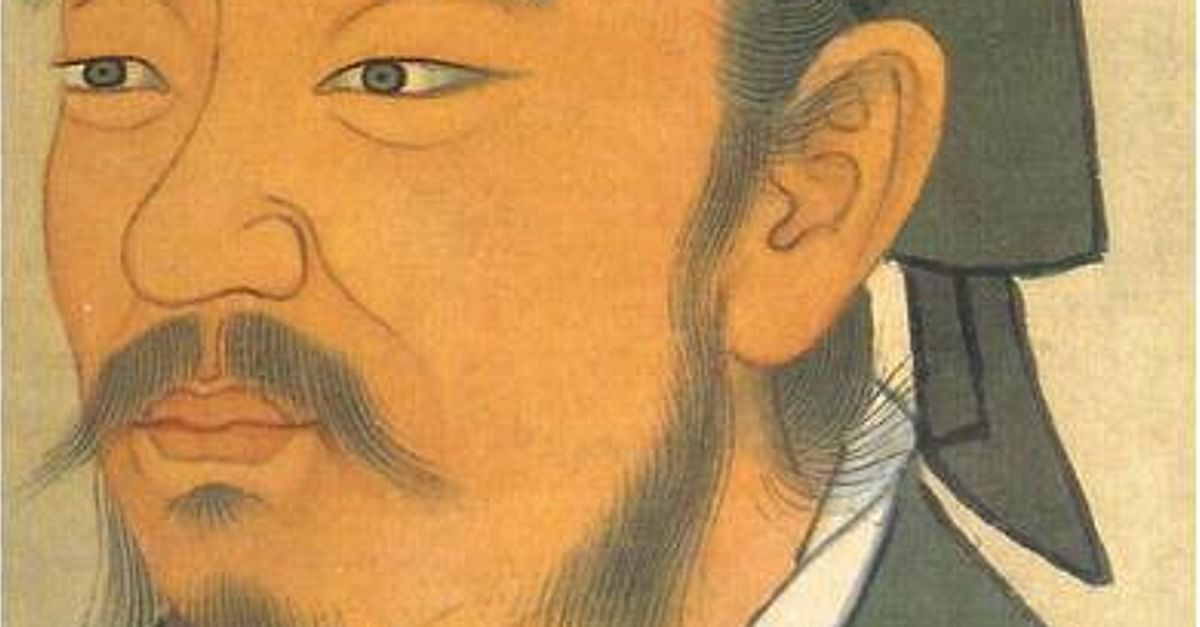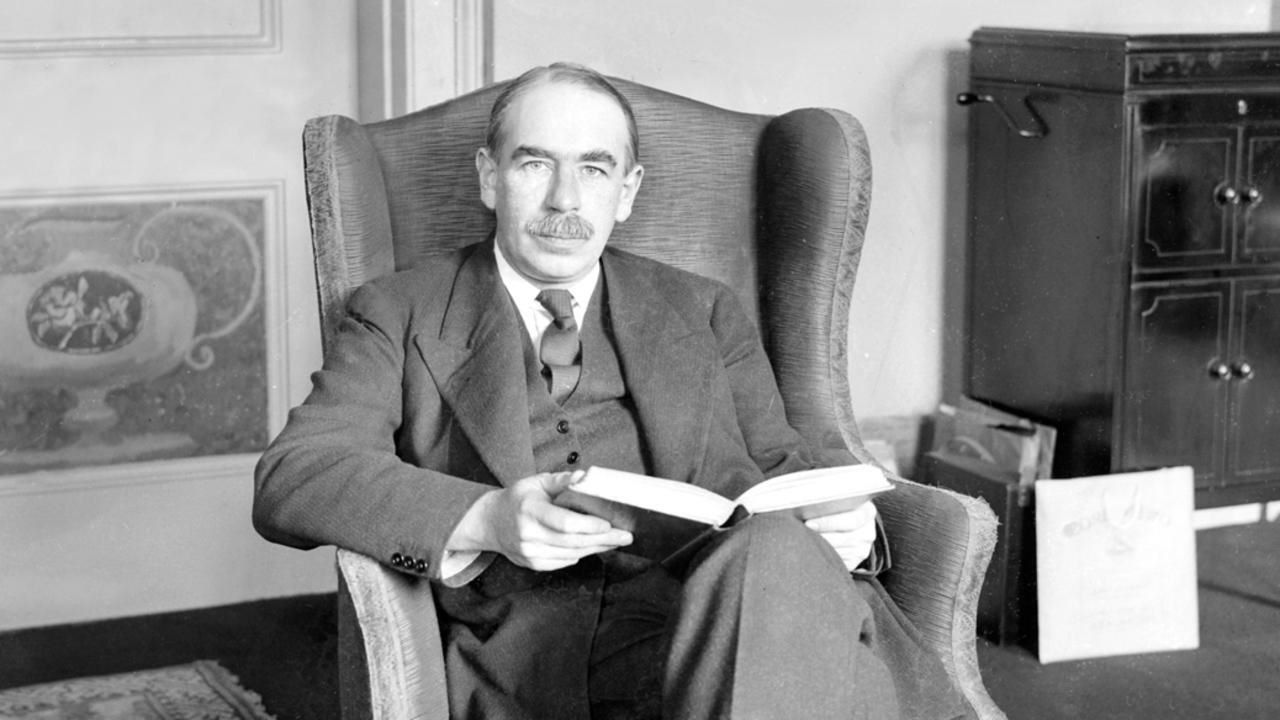
Xunzi, also known as Xun Qing or Xun Kuang, was an influential Chinese philosopher and scholar who lived during the Warring States period of ancient China. He is considered one of the leading figures of Confucianism, alongside Confucius and Mencius. Xunzi’s teachings focused on the importance of human nature and self-cultivation in order to achieve a harmonious society.
In this article, we delve into 17 extraordinary facts about Xunzi that shed light on his life, teachings, and contributions to Chinese philosophy. From his early life and education to his renowned works and impact on later generations, we explore the fascinating aspects of Xunzi’s legacy. So, fasten your seatbelts and get ready to delve into the intriguing world of Xunzi!
Key Takeaways:
- Xunzi, a prominent Chinese philosopher, believed that human nature is inherently selfish and emphasized the importance of moral education for societal progress.
- His clear and precise writing style, along with his emphasis on moral virtues and self-cultivation, continues to influence Chinese intellectual thought and societal values today.
Xunzi was a prominent Chinese philosopher.
Xunzi, also known as Xun Qing, was a renowned Chinese Confucian philosopher who lived during the Warring States Period.
He was a disciple of Confucius’ grandson, Zisi.
Xunzi studied under the tutelage of Zisi, the grandson of Confucius, who played a significant role in shaping his philosophical views.
Xunzi is considered one of the three great Confucian philosophers.
Alongside Confucius and Mencius, Xunzi is recognized as one of the most influential thinkers in Confucian philosophy.
He wrote extensively on topics such as ethics, education, and governance.
Xunzi authored many works that covered a wide range of subjects, focusing mainly on ethical principles, educational methods, and effective government practices.
Xunzi believed that human nature is inherently evil.
Unlike Mencius, who believed in the innate goodness of human nature, Xunzi argued that people are born with selfish desires and need to be taught moral principles.
He emphasized the importance of rituals and propriety.
Xunzi believed that following rituals and proper conduct is essential for social harmony and moral development.
Xunzi’s philosophy had a significant influence on Han Dynasty Confucianism.
During the Han Dynasty, Xunzi’s ideas became an integral part of Confucianism, shaping the moral and political system of the time.
His writing style was known for its clarity and precision.
Xunzi’s works are admired for their clear and precise language, making his philosophical ideas accessible to a wide audience.
Xunzi argued for the importance of education in moral cultivation.
According to Xunzi, education and self-discipline are crucial in transforming the innate selfishness of human nature into virtuous behavior.
He believed that rulers must lead by moral example.
Xunzi emphasized that rulers should embody moral virtues and set a righteous example for their subjects to follow.
Xunzi’s teachings were interpreted differently by later scholars.
Throughout history, Xunzi’s philosophy underwent various interpretations and adaptations, contributing to different schools of thought within Confucianism.
Xunzi’s ideas challenged traditional beliefs in divine providence.
While Xunzi acknowledged the existence of gods and spirits, he emphasized that human destiny is shaped by individual actions and choices, rather than divine intervention.
Xunzi believed in the power of self-cultivation.
He argued that through self-discipline and continual self-improvement, individuals can refine their character and moral standing.
Xunzi’s works were rediscovered during the Tang Dynasty.
After being relatively overlooked for centuries, Xunzi’s writings gained attention and admiration during the Tang Dynasty, leading to a revival of interest in his philosophical ideas.
Xunzi’s theories influenced later Chinese intellectuals and scholars.
Xunzi’s ideas continued to resonate with subsequent generations of Chinese thinkers, shaping their understanding of ethics, governance, and social order.
Xunzi’s philosophy emphasizes the importance of moral education for social progress.
He believed that by instilling moral virtues in individuals through education, society as a whole can flourish and progress.
Xunzi’s works continue to be studied and analyzed today.
Xunzi’s writings remain a significant part of Chinese intellectual history, and scholars continue to explore his ideas and their relevance in contemporary society.
Conclusion
In conclusion, Xunzi was an extraordinary figure in Chinese philosophy whose ideas continue to inspire and provoke thought to this day. From his views on human nature and self-cultivation to his emphasis on rituals and social order, Xunzi’s philosophy provided a unique perspective on how to create a harmonious society and achieve personal excellence.Through his writings, Xunzi emphasized the importance of education and self-discipline as essential tools for individuals to overcome their innate selfishness and cultivate moral virtues. He believed that humans are not inherently good or evil but have the potential to become virtuous through rigorous self-improvement.Furthermore, Xunzi’s belief in the power of rituals and traditions as means to establish social order and promote stability set him apart from other thinkers in his time. He argued that rules and ceremonies played a crucial role in shaping individual behavior and maintaining a well-functioning society.Xunzi’s ideas continue to spark discussions and debates in the fields of ethics, politics, and culture. His emphasis on the importance of education, self-cultivation, and social order remains relevant in today’s world, reminding us of the enduring legacy of this remarkable philosopher.
FAQs
1. Who is Xunzi?
Xunzi, also known as Xun Kuang, was a prominent Chinese philosopher who lived during the Warring States period. He was a student of Confucius‘ grandson, and his writings greatly influenced the development of Confucian thought.
2. What were Xunzi’s main ideas?
Xunzi believed that human nature is inherently selfish and that individuals must work towards self-improvement through education and self-cultivation. He emphasized the importance of rituals and traditions to establish social order and promote harmony.
3. How did Xunzi differ from other philosophers?
Xunzi’s views diverged from other thinkers of his time, such as Mencius, who believed in the inherent goodness of human nature. Xunzi argued that humans are born with inherent selfish tendencies and must actively strive to cultivate moral virtues.
4. What is the significance of Xunzi’s philosophy today?
Xunzi’s ideas continue to be studied and debated in the fields of ethics, politics, and culture. His emphasis on education, self-cultivation, and the importance of social order remain relevant in contemporary discussions on morality and social harmony.
5. Are Xunzi’s teachings still influential?
Yes, Xunzi’s teachings continue to play a significant role in Confucian philosophy and Chinese culture. His emphasis on self-improvement and the role of rituals in society has had a lasting impact, shaping the values and beliefs of countless individuals throughout history.
Xunzi's thoughts on human nature and the importance of moral education resonate with other philosophical perspectives. Delving into the core tenets of Confucianism reveals a rich tapestry of wisdom that has shaped Chinese culture for centuries. Additionally, exploring the concept of the blank slate and its implications for human nature through the lens of modern thinkers like Steven Pinker offers fascinating insights into the age-old debate surrounding the inherent qualities of humankind.
Was this page helpful?
Our commitment to delivering trustworthy and engaging content is at the heart of what we do. Each fact on our site is contributed by real users like you, bringing a wealth of diverse insights and information. To ensure the highest standards of accuracy and reliability, our dedicated editors meticulously review each submission. This process guarantees that the facts we share are not only fascinating but also credible. Trust in our commitment to quality and authenticity as you explore and learn with us.


